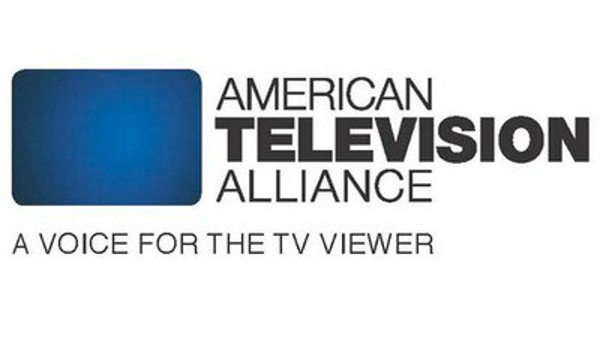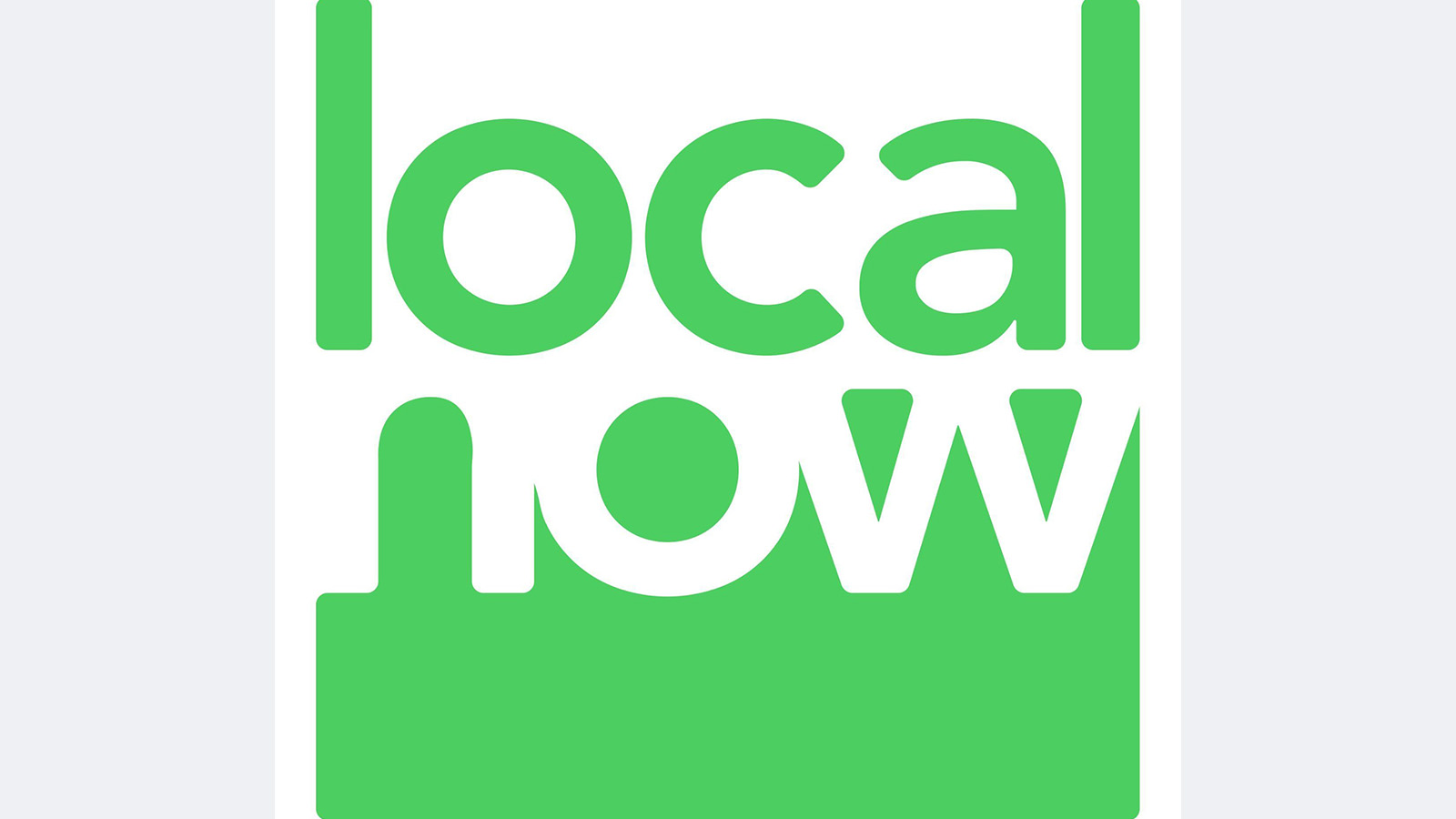ATVA: Broadcasters Receiving Aid Must Avoid Signal Blackouts
ATVA asks Congress to hold broadcasters responsible

WASHINGTON—The American Television Alliance (ATVA) does not believe that broadcast conglomerates should have access to small business aid, but as the tide seems to be going that way, has now asked that Congress hold broadcasters receiving funding responsible for staying on the air.
ATVA wants Congress to include with any small business aid given to broadcasters a condition that requires the station provide their signals without interruption.
“If Congress decides to allocate these critical tax dollars to major broadcasting groups, it should require that they not only provide their signals to all consumers, but also refrain from blacking out their signals to customers of any cable, telco or satellite provider for three years,” said ATVA spokesperson Jessica Kendust.
Organizations, including the NAB, the National Association of Black Owned Broadcasters and bipartisan groups of the Senate and House, have been making cases that any future stimulus packages, as well as the benefits available for small businesses (like the Paycheck Protection Program), help local media and broadcast outlets as they help provide critical information on the coronavirus pandemic and have been impacted by the loss of ad revenue during this time.
ATVA’s position, however, is that local TV stations are being reclassified as their own business by the large conglomerates so they can meet the qualifications for small businesses (500 employees or less). ATVA argues that this is not accurate, as when ATVA member stations need to negotiate a contract with a station owned by a large broadcaster, they negotiate with the headquarters, not the individual station.
“Broadcasters are claiming that the service they provide is so important to the public interest that taxpayers must preserve it, even if that means providing ‘small business’ loans to multibillion dollar conglomerates,” said Kendust. “If Congress agrees, it should ensure that such programming remain available to every American, including cable and satellite subscribers who cannot receive it over-the-air. We are not suggesting that broadcasters go uncompensated for providing their signals—but if taxpayer dollars are going to subsidize keeping them on air, then those broadcasters must ensure their signals are actually available to all viewers.”
UPDATE: NAB responded with its own comment from Executive Vice President of Communications Dennis Wharton:
Get the TV Tech Newsletter
The professional video industry's #1 source for news, trends and product and tech information. Sign up below.
“NAB is disappointed that the American Television Alliance—a front group for AT&T, Charter, Dish and other Big Pay TV companies—is leading a cynical effort to deny local media badly-needed access to SBA loans during the coronavirus crisis.
“Americans from coast-to-coast are flocking to local broadcasters in record numbers for credible, lifesaving information during the COVID-19 crisis, while advertising revenues at local stations have plunged. Meanwhile, as ATVA attempts to exploit this global pandemic for political purposes, its Big Pay TV funders have cut off communication services for out-of-work customers, despite promises to the FCC, as well as ignoring obligations to provide local TV signals in markets underserved by local print journalism.”
The full statement is available on NAB.org.
